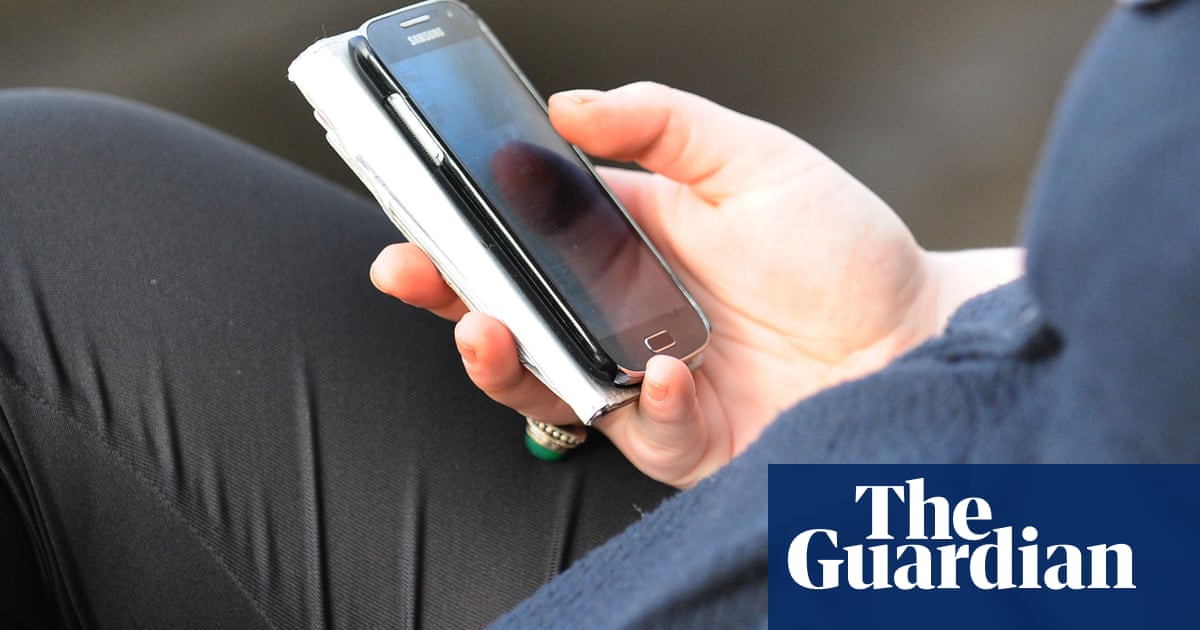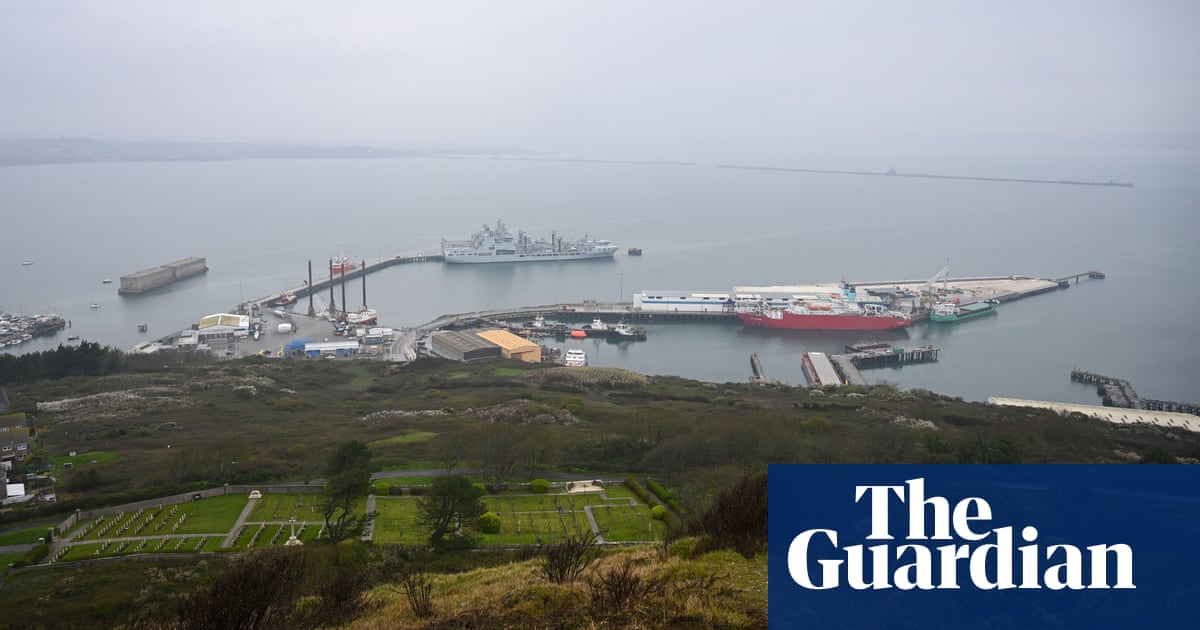
More than 1,300 asylum seekers who arrived in the UK in small boats and had their phones unlawfully seized by immigration officials can claim compensation, the high court has ruled.
Judges said on Friday there was “a failure of governance” over the unlawful phone seizures.
The number who can claim compensation could be as high as several thousand but due to confusion around the unlawful and unpublished Home Office policy to seize the mobile phones from new arrivals, many people may not know they are entitled to compensation.
Anyone who crossed the Channel between April and November 2020 and had their phone seized may be able to claim compensation. In 2020, 8,466 people crossed the Channel.
Government officials have written to 1,323 people who had their phones taken during this period.
It emerged that 439 phones seized during that period by immigration officials cannot be returned to their owners because the Home Office is not sure who the phones belong to.
The high court ruled in March that the department operated an unlawful, secret, blanket policy to take almost 2,000 mobile phones from asylum seekers arriving in the UK on small boats and then downloaded data from these phones.
The judges ruled there was no parliamentary authority for seizures and data extractions and that the legal power officials thought they could use was the wrong one.
During that case the court heard evidence that asylum seekers were “bullied” into handing over their passcodes so officials could unlock personal information including emails, photos and videos and download them to an intelligence database called Project Sunshine.
The Home Office defended its right to seize the mobile phones, saying it helped officials gather evidence about the people smugglers who organise such journeys.
In a highly unusual move, there was a separate hearing in the high court on Friday because the government failed in its “duty of candour” and initially denied that the unpublished phone seizure policy existed.
In a strongly worded oral judgment, Lord Justice Edis and Mr Justice Lane ruled: “We are concerned with a failure of governance which allowed an unlawful policy to operate for an unknown period of time.”
While acknowledging that everyone was under pressure due to the “crisis of mass migration into the UK” and the political and media interest this attracted, the judges made reference to government officials who “sidestepped” and “ducked” the issue of how the policy to seize phones was applied.
In relation to the way the government initially approached a legal challenge about the phone seizures by denying such a policy existed, they said “we consider there was a collective error of judgment” in the way the legal action was initially responded to.
Sir James Eadie, acting for the government, admitted in court: “The errors here were corporate errors. They were errors of the team, from counsel to government legal department to the Home Office. Everyone accepts that errors were made.”
The previous home secretary, Priti Patel, has apologised for these errors.
The lawyers who brought the high court challenge on behalf of three of the asylum seekers welcomed the ruling.
Clare Jennings, of Gold Jennings solicitors, said: “We are delighted the court has directed the home secretary to inform all those who had their phones taken that their rights have been breached. We hope that lessons will be learned from this case.”
Daniel Carey, of Deighton Pierce Glynn solicitors, said he welcomed the high court’s declaration that the blanket policy of removing migrants’ phones was unlawful and said it was a “scandal” that so many had their phones taken away from them.
A Home Office spokesperson said: “We have addressed the concerns raised through the courts and have a robust policy in place on mobile devices.
“Our staff are fully trained to ensure any use of powers to seize mobile devices is proportionate, necessary and based on reasonable grounds of suspected involvement in criminal activity such as piloting a small boat.
“It is paramount that we use every tool at our disposal to investigate and disrupt the people smugglers who facilitate these dangerous crossings.”












